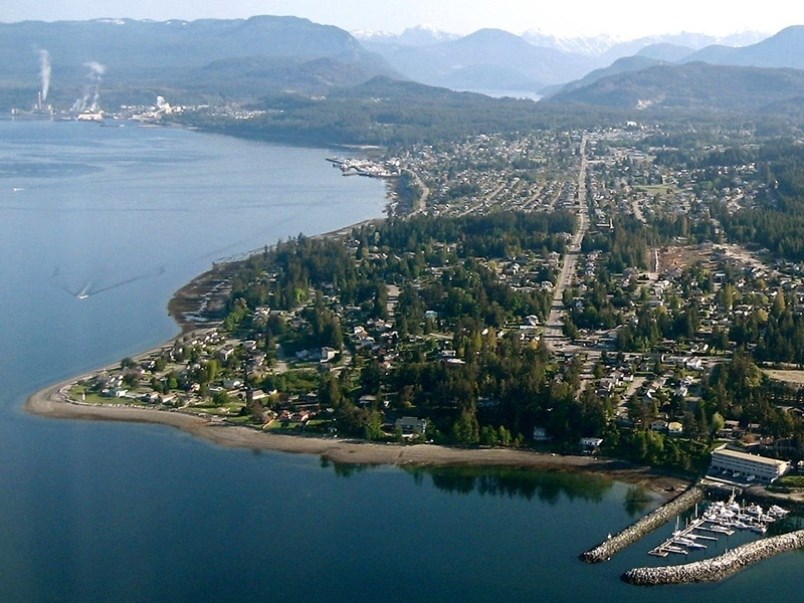It is 1994 and your plane lands in Bombay, India. A little anxious, you are excited to see the vibrant, colourful place.
Yourself and the other 20 million people in the city will not be in Bombay for long. The government and citizens felt the name Bombay was a stale leftover from over 200 years of British rule. The change to Mumbai was part of shedding old colonial skin, righting a wrong and claiming their true collective identity.
Our next stop across continents and through time is Peking; the capital city of China, and the year is 1979. China went through many changes starting in 1945, after World War II, and has many linguistic variations and languages.
Still, starting in 1979 the west officially recognized Beijing as the capital and centre of China. The 21 million who lived in Beijing had to accept the name as the new capital of China.
Mumbai and Beijing themselves represent about 35 million people. That is millions of different opinions able to come to a resolution.
The 13,157 residents of Powell River can, at very least, have civil discussions on the topic of changing its name. The populations of Mumbai and Beijing are only three million fewer people than the entire population of Canada.
Cities, regions and entire countries have changed names throughout human history. Istanbul, Turkey, was called Constantinople until 1930. In Canada, the city of Toronto was named York until 1834.
In 1664, New Amsterdam became New York. Over in Russia the city of St. Petersburg was changed to Leningrad in 1924, and back to St. Petersburg in 1991.
Closer to home and much more relevant to you and me, the Queen Charlotte Islands became known as Haida Gwaii in 2009. It makes sense since the Haida Nation had occupied the islands for thousands of years. European diseases such as smallpox tragically lowered the Haida population to about 500 or 600 in 1915. Haida children were sent off the island to be assimilated with English-speaking families as far away as Alberta.
We resist change with our minds and body and that is normal. Biologically and neurologically, we are hardwired to associate change with fear and negative events.
Sometimes resistance isn’t to the object or event, change itself is the stony barrier which separates us. That fear of change itself can stop progress in life, independently or collectively as a society.
I am embracing a lot of change lately. I had too. My choice was either dying as a lonely addict or changing. I’m glad I chose door number two.
Buddhists say the quickest path to suffering is not to accept change as something always occurring. It is a scary process but can have big rewards.
I support kind and rational conversation about potentially renaming Powell River to a more meaningful and accurate title for this beautiful place. It is the right thing to do at the right time.
Good things happen with healthy, robust, kind discussion about our differences. Who knows? We might find out we are actually all the same.
Robert Skender is a qathet region freelance writer and health commentator.





